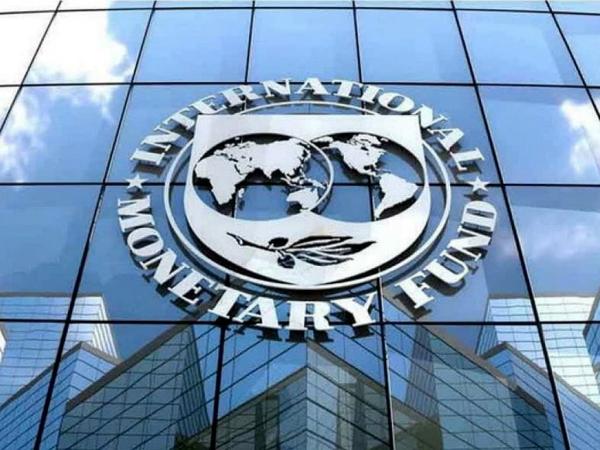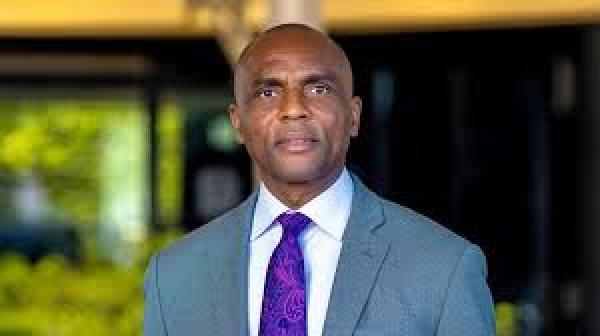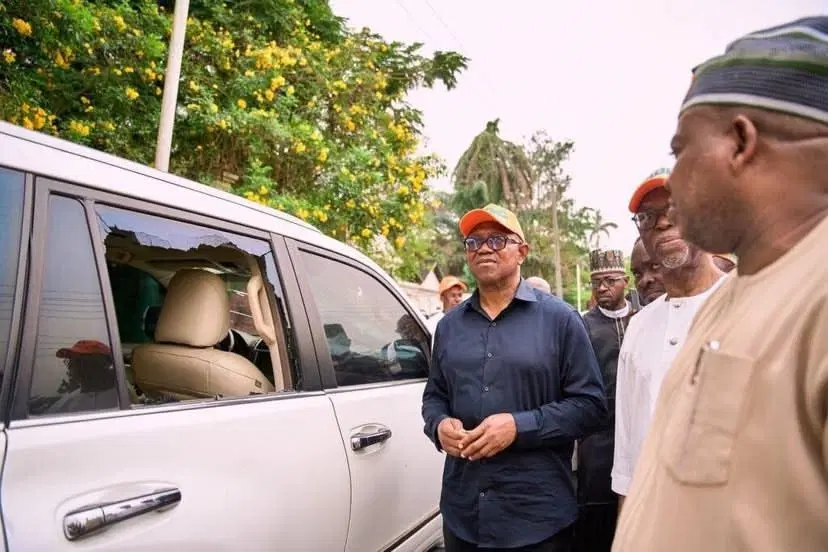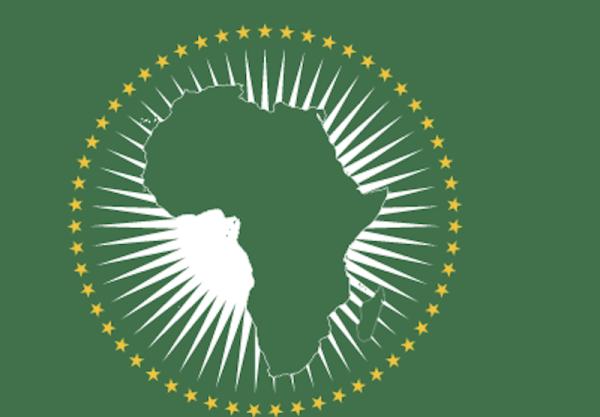
The International Monetary Fund
FRIDAY, 22nd October, 2021: The International Monetary Fund has said slow vaccine rollout and stark differences in policy space are the major reasons why economic recovery in Nigeria and other Sub-Saharan African countries will be the slowest in the world.
The Director of the IMF's African Department, Abebe Selassie disclosed this during a press briefing on the October Regional Economic outlook for sub-Saharan Africa.
In a statement on the IMF portal, Selassie said, "As sub-Saharan Africa navigates through a persistent pandemic with repeated waves of infection, a return to normal will be far from easy.
“In the absence of vaccines, lockdowns and other containment measures have been the only option for containing the virus.
“At 3.7 per cent this year, the recovery in sub-Saharan Africa will be the slowest in the world—as advanced markets grow by more than five per cent, while other emerging markets and developing countries grow by more than six per cent. This mismatch reflects sub-Saharan Africa’s slow vaccine rollout and stark differences in policy space.”
According to him, vaccination efforts in sub-Saharan Africa are slower than other regions, mostly due to stockpiling by advanced economies, export restrictions by major vaccine manufacturing countries, and demands for booster shots in advanced economies.
He added that only about three per cent of the population in sub-Saharan Africa had been fully vaccinated.
The IMF director further said economic recovery in the region, which would grow to 3.8 per cent in 2021, would be aided “by favourable external conditions on trade and commodity prices, and improved harvests and increased agricultural production in a number of countries in the region.”
Selassie said the difficult policy environment of the region before the crisis had been made more demanding by the crisis.





















